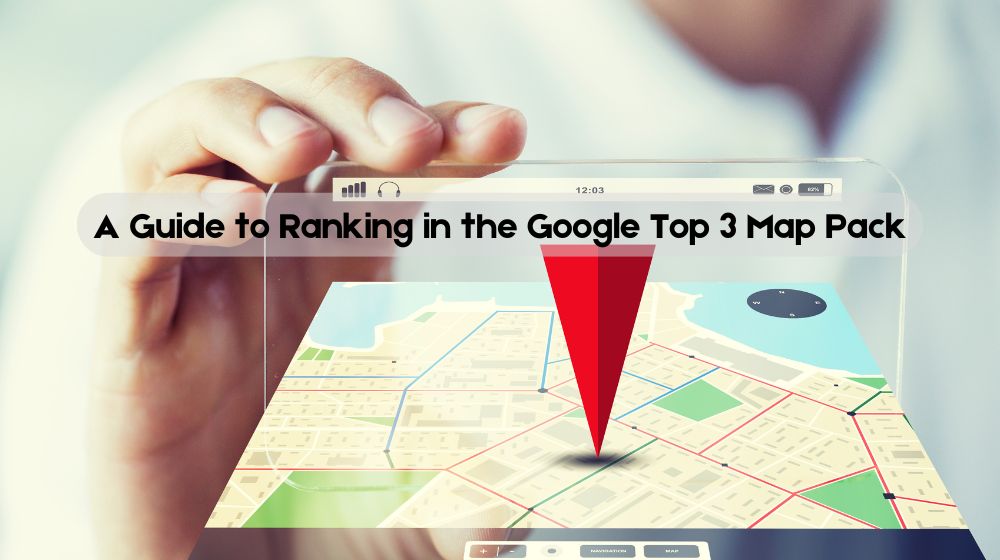In the rapidly evolving landscape of digital marketing, social media has emerged as a powerful tool for businesses to connect with their target audience, build brand awareness, and drive engagement. As we delve into the realm of social media marketing, examining real-world examples becomes essential to derive valuable insights and inspiration for crafting a successful strategy.
1. Leveraging Customer Testimonials on Social Media Platforms
One effective social media marketing strategy involves leveraging customer testimonials to build credibility and trust. For instance, companies like Amazon and TripAdvisor showcase customer reviews prominently on their social media profiles. These testimonials serve as authentic endorsements, influencing potential customers and reinforcing brand reliability.
2. Engaging Visual Content on Instagram and Pinterest
Visual content reigns supreme on platforms like Instagram and Pinterest. Brands such as Nike and Starbucks consistently use striking visuals to captivate their audience. By investing in high-quality images and creative graphics, businesses can create an appealing online presence, fostering user engagement and brand recall.
3. Creating Interactive Polls and Surveys on Twitter
Twitter’s real-time nature makes it conducive for quick and interactive engagements. Brands like Coca-Cola and Google often use polls and surveys to interact with their audience, gaining valuable insights and facilitating two-way communication. Incorporating such interactive elements into your strategy can enhance audience engagement and provide a platform for instant feedback.
4. Showcasing Behind-the-Scenes Moments on Facebook
Facebook, with its extensive user base, is an ideal platform for showcasing behind-the-scenes glimpses of your business. Companies like Airbnb and Dunkin’ Donuts use Facebook to share stories that humanize their brand. By giving followers a peek into the day-to-day operations, businesses can build a stronger connection with their audience.

5. Collaborating with Influencers for Authenticity
Influencer marketing has become a staple in social media strategy. Brands like Fashion Nova and Gymshark collaborate with influencers to reach a wider audience and gain authenticity. The genuine connection influencers have with their followers can be harnessed to amplify your brand’s message, providing a more relatable and trustworthy image.
6. Utilizing LinkedIn for B2B Networking and Thought Leadership
For businesses operating in the B2B space, LinkedIn offers a unique platform for networking and thought leadership. Companies like Microsoft and IBM utilize LinkedIn to share industry insights, updates, and establish themselves as authoritative voices in their respective sectors. Incorporating LinkedIn into your strategy can enhance your brand’s professional image and foster meaningful business connections.
7. Hosting Webinars and Live Sessions on YouTube
YouTube, being the second-largest search engine, is an invaluable platform for content dissemination. Brands such as HubSpot and TEDx leverage YouTube to host webinars and live sessions, providing valuable content to their audience. By incorporating live interactions, businesses can engage with their community in real-time, fostering a sense of connection and community.
8. Responding Promptly to Customer Queries on Social Platforms
In the age of instant communication, addressing customer queries promptly is crucial. Brands like Zappos and JetBlue are known for their quick and effective responses on social media platforms. Timely and personalized interactions not only resolve customer issues but also showcase a commitment to customer satisfaction, enhancing brand loyalty.
9. Using Hashtags Strategically Across Platforms
Hashtags play a pivotal role in increasing the discoverability of content. Companies like Airbnb and GoPro use branded hashtags to curate user-generated content and create a sense of community. Integrating strategic hashtags into your social media posts can enhance visibility and encourage user participation.
10. Analyzing Analytics Data for Continuous Improvement
Finally, analyzing social media analytics is crucial for refining and optimizing your strategy. Platforms like Facebook Insights and Twitter Analytics provide valuable data on audience demographics, engagement, and content performance. Regularly reviewing these metrics allows businesses to adapt their approach based on real-time insights.
In conclusion, social media marketing examples from successful brands offer a wealth of inspiration for crafting a robust strategy. By studying how industry leaders leverage different platforms, engage with their audience, and adapt to evolving trends, businesses can refine their own approach and stay ahead in the competitive digital landscape. Remember, social media is not just a marketing tool; it’s a dynamic ecosystem that requires constant adaptation and innovation.
Frequently Asked Questions (FAQs)
Q1: How can customer testimonials be effectively incorporated into a social media marketing strategy?
A1: One of social media marketing examples is a customer testimonial. This can be showcased through dedicated posts, video testimonials, or even as part of the brand’s story highlights. Strategically placing these testimonials on social media profiles can build trust and credibility.
Q2: What types of visual content work best on Instagram and Pinterest for brand promotion?
A2: High-quality images, aesthetically pleasing graphics, and visually engaging videos tend to perform well on Instagram and Pinterest. Consistency in branding and a focus on storytelling through visuals can help capture and retain audience attention.
Q3: How can businesses benefit from incorporating interactive elements like polls and surveys on Twitter?
A3: Interactive elements such as polls and surveys on Twitter facilitate direct engagement with the audience, making them feel involved. This not only boosts interaction but also provides valuable insights into customer preferences and opinions.
Q4: Why is showcasing behind-the-scenes content on Facebook considered a valuable strategy?
A4: Behind-the-scenes content humanizes a brand, giving followers a glimpse of the people and processes behind the products or services. This transparency fosters a deeper connection with the audience, building trust and brand loyalty.
Q5: What are the key considerations when collaborating with influencers for social media marketing?
A5: It’s essential to choose influencers whose values align with the brand, ensuring authenticity. Clear communication, transparency about expectations, and measuring the impact of the collaboration are crucial elements for a successful influencer partnership.
Q6: How can LinkedIn be effectively utilized for B2B networking and thought leadership?
A6: Regularly sharing industry insights, participating in relevant discussions, and showcasing expertise through articles contribute to establishing thought leadership on LinkedIn. Actively connecting with professionals and engaging in meaningful conversations also enhances B2B networking.
Q7: Why are live sessions and webinars on YouTube beneficial for social media strategy?
A7: Hosting live sessions on YouTube allows for real-time interaction with the audience, creating a sense of community. Webinars provide a platform for sharing valuable content, positioning the brand as an authoritative source in its field.
Q8: How does responding promptly to customer queries on social platforms impact brand perception?
A8: Prompt and personalized responses demonstrate a commitment to customer satisfaction, showcasing the brand’s responsiveness and reliability. This not only resolves issues efficiently but also enhances overall brand perception and loyalty.
Q9: What role do strategically placed hashtags play in social media marketing?
A9: Hashtags increase the discoverability of content by categorizing it. Brands can create branded hashtags to curate user-generated content and encourage community participation, leading to increased visibility and engagement.
Q10: Why is analyzing social media analytics important for continuous improvement?
A10: Social media analytics provide valuable insights into audience behavior, content performance, and demographics. Regular analysis enables businesses to adapt their strategy based on real-time data, ensuring ongoing optimization and relevance in the ever-changing digital landscape.



